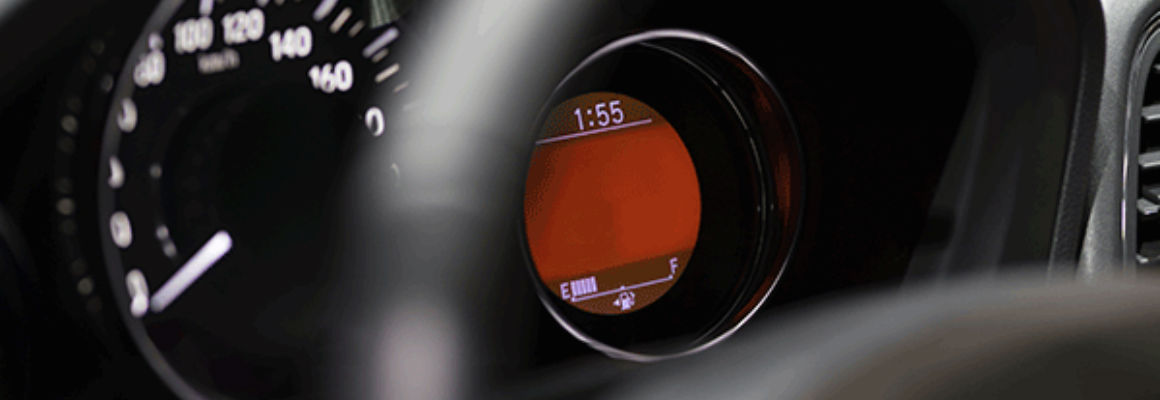Seven unwanted car noises and what they really mean
Where is that whistling coming from? What is that rattling noise? Should my car be humming? If your car is making an unusual sound and you’re not sure what it means, we can help you identify the problem… and put any Nagging Doubt to bed.
Whistling
If you can hear a whistling noise when you’re driving, it’s often due to your car’s weather-stripping. This is the material fixed to your car windows and doors to exclude rain, snow, and cold air.
However, if you’re hearing the same noise coming from underneath your car bonnet there could be an issue with the engine’s cooling system. The constant circulation of air and cooling fluid could have caused cracks in the hoses and air may be escaping.
Or if the whistling is happening when your engine is off, your car’s radiator pressure cap could be the problem. A pressure cap is designed to release excess heat from overheated coolant, but if there’s a break in the rubber gasket, air could be leaking out.
Humming
Is your car making a low-pitched humming noise? Does the noise get louder when you accelerate or turn? If so, it’s most likely a wheel bearing noise.
However, it can sometimes be a problem with your engine. To check, simply accelerate (safely) and watch the RMP and speed gauges rise. Then coast at a set speed, let off the gas pedal and watch the RPM gauge drop. If you can still hear a hum, it won’t be coming from your car’s engine.
Whirring
When you hear a whirring sound coming from your car, it’s most likely to be an issue with the rotating belts in your car’s engine. These fast-moving belts can stretch or even crack, depending on the age of the car. Identifying this and replacing worn-out belts can save you an expensive trip to the garage in the future.

Ticking
Or if it’s a ticking noise under the bonnet that you hear, the first thing you should do is check your engine oil levels, as they may need a top up. If you have plenty of oil, the ticking could mean a more serious issue. It could be, for example, that the valvetrain may be damaged, so your next stop should be a garage.
Squeaking
It’s normal for your brakes to make some noise from time to time, particularly if you’re driving in wet or slippery conditions.
Yet, if your brakes are continuously squeaking it could mean your brake pads are worn out. This can lead to reduced braking power, increased stopping distances, skidding and worst case scenario, failure of your vehicle’s brakes. If you are experiencing this issue, it may be beneficial to know that the sooner you take your car to be serviced, the easier and less costly the fix will be.
Grinding
Having trouble shifting into gear? Hearing a grinding sound when you try to move the gear stick? It’s likely that your clutch is worn out or your shift linkage needs repairing. A grinding noise can also mean there’s a problem within your car’s transmission. If it’s your brakes that are making a grinding noise, this can indicate extreme damage to break pads, and your rotor disc could be touching part of the caliper. If you are hearing a grinding noise, it’s important to get to a garage as soon as possible.
Rattling
A rattling noise can be caused by a number of things. If you can locate the rattle to underneath your car, you could have a loose exhaust or broken catalytic converter. If this is the case, you should get your car checked by a mechanic.
If the sound seems to be coming from under your car bonnet, problems can range from low oil levels to a poor fan clutch. If the noise persists you should get your car checked by a mechanic.